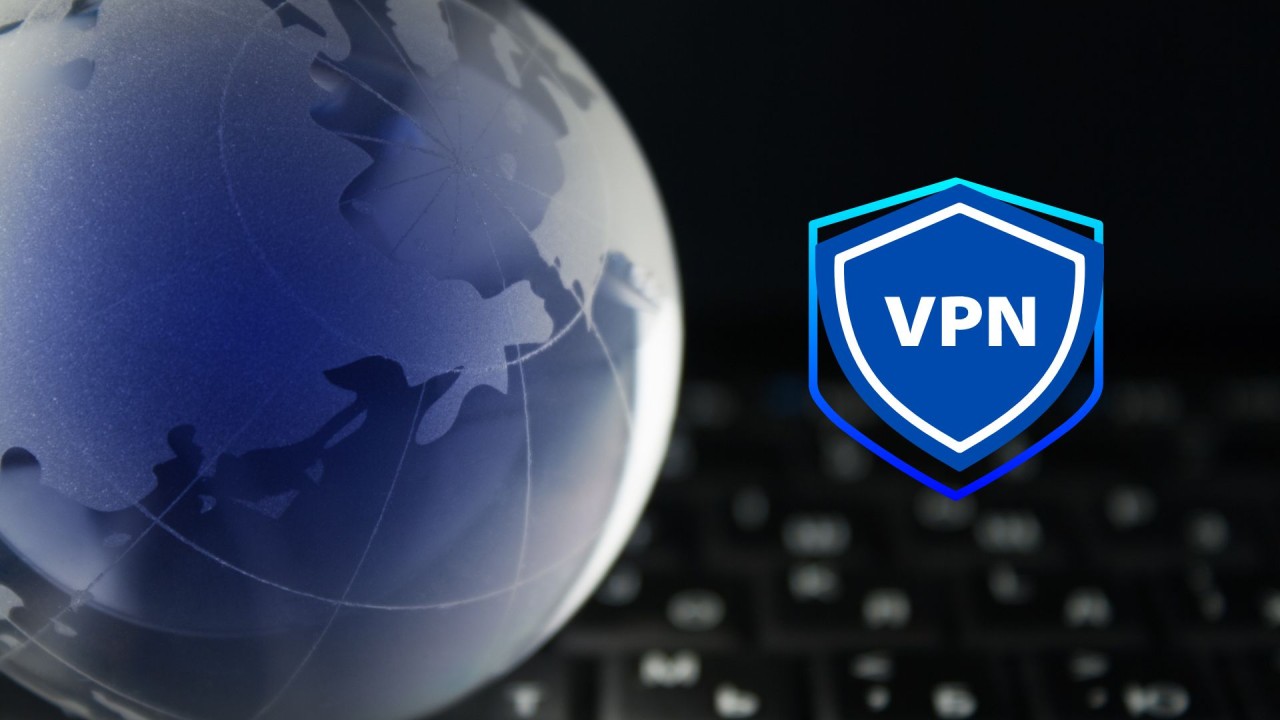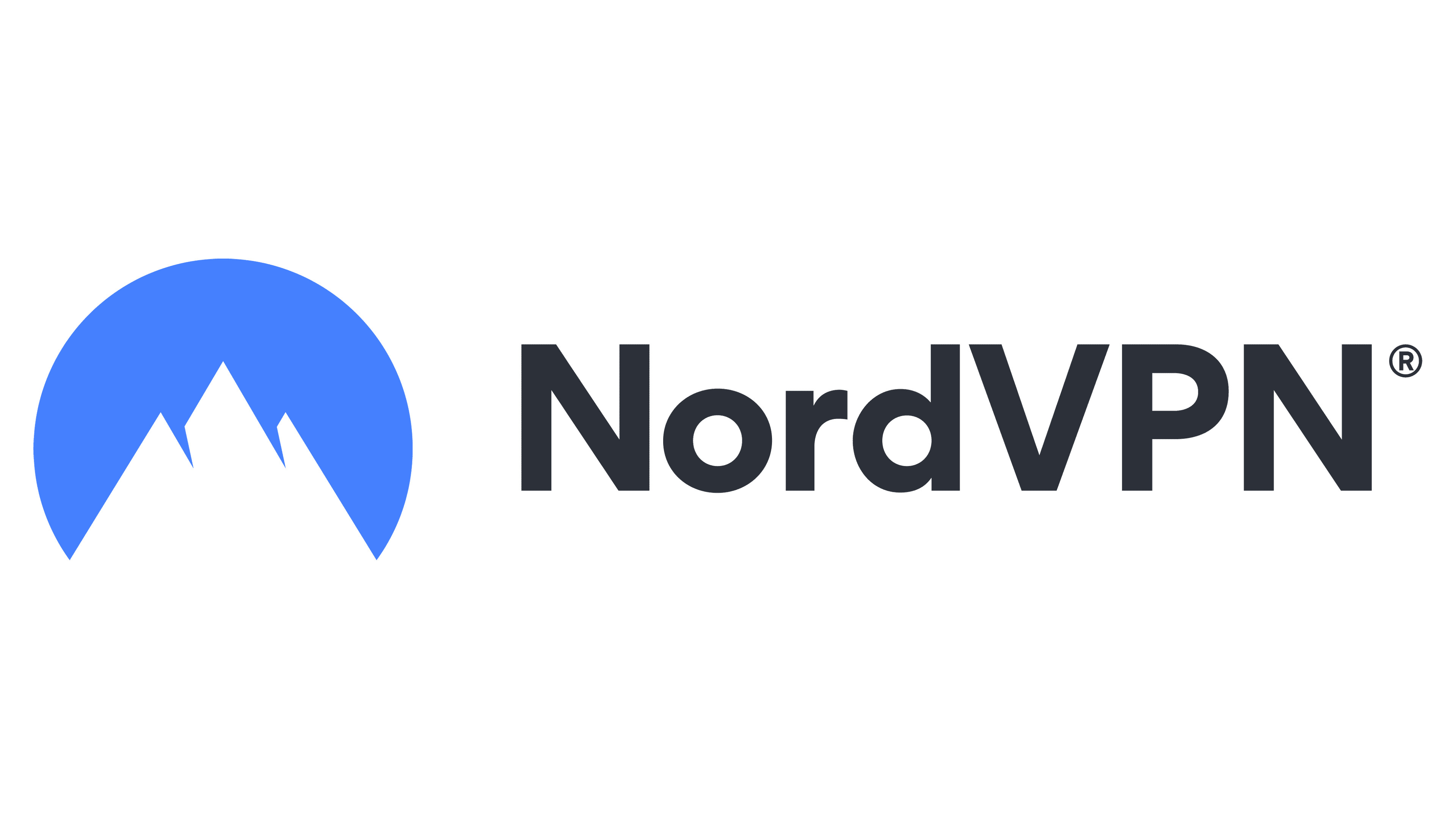Home>Software and Apps>Top VPN-Friendly Countries


Software and Apps
Top VPN-Friendly Countries
Modified: September 5, 2024
Discover the top VPN-friendly countries for secure access to software and apps. Find out which countries offer the best VPN support for your online needs.
(Many of the links in this article redirect to a specific reviewed product. Your purchase of these products through affiliate links helps to generate commission for Techsplurge.com, at no extra cost. Learn more)
Table of Contents
Introduction
In today's digital age, online privacy and security have become increasingly important. Virtual Private Networks (VPNs) have emerged as a crucial tool for protecting user data and maintaining anonymity online. However, not all countries are equally friendly to VPNs. Some have strict regulations and laws that can make using a VPN challenging or even illegal. This article explores the top VPN-friendly countries, highlighting their favorable policies and practices.
Read more: Top Free VPN for Kodi
Understanding VPNs
Before diving into the list of VPN-friendly countries, it's essential to understand what a VPN is and how it works. A VPN creates a secure, encrypted connection between your device and a VPN server. This connection masks your IP address, making it difficult for third parties to track your online activities. VPNs are commonly used for various purposes, including bypassing geo-restrictions, protecting against cyber threats, and maintaining online anonymity.
Criteria for VPN-Friendliness
When evaluating countries for their VPN-friendliness, several factors come into play:
- Laws and Regulations: Countries with lenient laws regarding VPN usage are more favorable.
- Internet Freedom: Nations that promote internet freedom and do not restrict access to VPNs are preferred.
- Data Protection: Countries with strong data protection laws that protect user information are highly regarded.
- Infrastructure: The availability and quality of internet infrastructure can also influence a country's VPN-friendliness.
Top VPN-Friendly Countries
Switzerland
- Laws and Regulations: Switzerland has a reputation for being a haven for privacy. The country's laws are designed to protect user data, making it an ideal location for VPN providers.
- Internet Freedom: Switzerland promotes internet freedom and does not restrict access to VPNs.
- Data Protection: The country has robust data protection laws, including the Federal Data Protection Act, which ensures that user information is safeguarded.
Read more: Top VPNs for Maximum Online Security
Iceland
- Laws and Regulations: Iceland has a strong stance on internet freedom and does not restrict VPN usage.
- Internet Freedom: The country is known for its open internet policies, making it a haven for those seeking online anonymity.
- Data Protection: Iceland's data protection laws are stringent, ensuring that user data remains secure.
Canada
- Laws and Regulations: Canada has relatively lenient laws regarding VPN usage. The country does not have specific regulations that restrict VPNs.
- Internet Freedom: Canada promotes internet freedom and does not impose strict regulations on VPNs.
- Data Protection: The country has robust data protection laws, including the Personal Information Protection and Electronic Documents Act (PIPEDA), which safeguards user information.
Germany
- Laws and Regulations: Germany has a mixed stance on VPNs. While there are no specific laws that restrict VPN usage, the country's data protection laws are stringent.
- Internet Freedom: Germany promotes internet freedom but has been known to impose some restrictions on certain types of online activities.
- Data Protection: The country has robust data protection laws, including the General Data Protection Regulation (GDPR), which ensures that user data is protected.
Sweden
- Laws and Regulations: Sweden has a favorable stance on VPNs. The country does not have specific regulations that restrict VPN usage.
- Internet Freedom: Sweden promotes internet freedom and does not impose strict regulations on VPNs.
- Data Protection: The country has robust data protection laws, including the Personal Data Act, which safeguards user information.
Read more: The Ultimate Guide to the Top Free VPNs
Netherlands
- Laws and Regulations: The Netherlands has a lenient stance on VPNs. The country does not have specific regulations that restrict VPN usage.
- Internet Freedom: The Netherlands promotes internet freedom and does not impose strict regulations on VPNs.
- Data Protection: The country has robust data protection laws, including the General Data Protection Regulation (GDPR), which ensures that user data is protected.
New Zealand
- Laws and Regulations: New Zealand has a favorable stance on VPNs. The country does not have specific regulations that restrict VPN usage.
- Internet Freedom: New Zealand promotes internet freedom and does not impose strict regulations on VPNs.
- Data Protection: The country has robust data protection laws, including the Privacy Act 2020, which safeguards user information.
Australia
- Laws and Regulations: Australia has a mixed stance on VPNs. While there are no specific laws that restrict VPN usage, the country's data protection laws are stringent.
- Internet Freedom: Australia promotes internet freedom but has been known to impose some restrictions on certain types of online activities.
- Data Protection: The country has robust data protection laws, including the Privacy Act 1988, which ensures that user data is protected.
United Kingdom
- Laws and Regulations: The UK has a relatively lenient stance on VPNs. The country does not have specific regulations that restrict VPN usage.
- Internet Freedom: The UK promotes internet freedom but has been known to impose some restrictions on certain types of online activities.
- Data Protection: The country has robust data protection laws, including the General Data Protection Regulation (GDPR), which safeguards user information.
Read more: Top Free VPN for Hulu
United States
- Laws and Regulations: The US has a complex stance on VPNs. While there are no specific federal laws that restrict VPN usage, some states have imposed regulations.
- Internet Freedom: The US promotes internet freedom but has been known to impose some restrictions on certain types of online activities.
- Data Protection: The country has robust data protection laws, including the General Data Protection Regulation (GDPR), which ensures that user data is protected.
Additional Tips
- Choose a Reputable VPN Provider: When selecting a VPN provider, look for one based in a VPN-friendly country with a strong track record of protecting user data.
- Understand Local Laws: While the countries listed above are generally favorable to VPNs, it's essential to understand local laws and regulations regarding VPN usage.
- Use Strong Encryption: Ensure that your VPN provider uses strong encryption protocols to protect your data.
- Regularly Update Your VPN Software: Regularly update your VPN software to ensure you have the latest security patches and features.
By following these tips and choosing a VPN-friendly country, you can significantly improve your online security and privacy.













